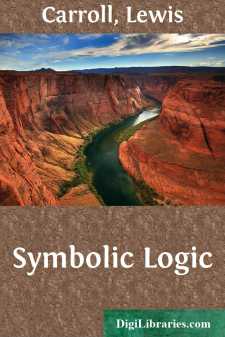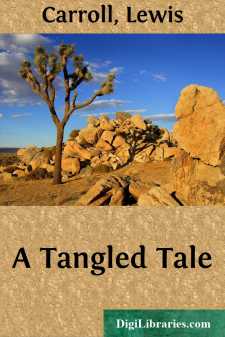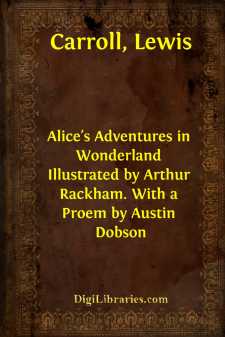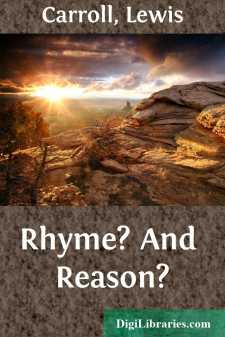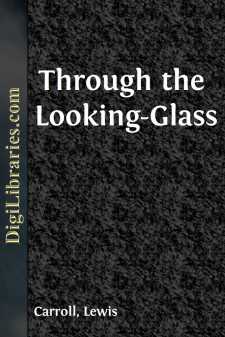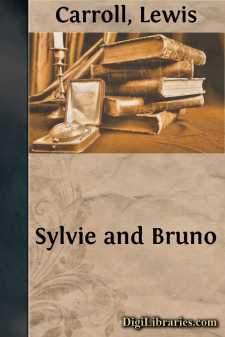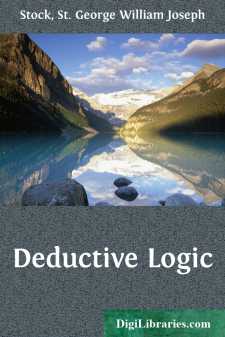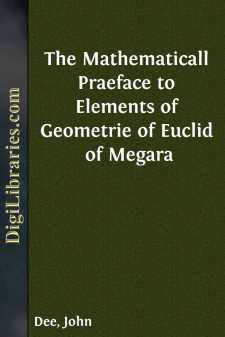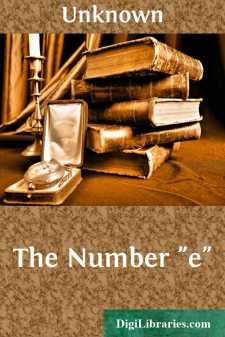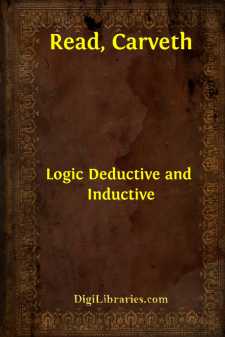Categories
- Antiques & Collectibles 13
- Architecture 36
- Art 48
- Bibles 22
- Biography & Autobiography 813
- Body, Mind & Spirit 142
- Business & Economics 28
- Children's Books 17
- Children's Fiction 14
- Computers 4
- Cooking 94
- Crafts & Hobbies 4
- Drama 346
- Education 46
- Family & Relationships 57
- Fiction 11829
- Games 19
- Gardening 17
- Health & Fitness 34
- History 1377
- House & Home 1
- Humor 147
- Juvenile Fiction 1873
- Juvenile Nonfiction 202
- Language Arts & Disciplines 88
- Law 16
- Literary Collections 686
- Literary Criticism 179
- Mathematics 13
- Medical 41
- Music 40
- Nature 179
- Non-Classifiable 1768
- Performing Arts 7
- Periodicals 1453
- Philosophy 64
- Photography 2
- Poetry 896
- Political Science 203
- Psychology 42
- Reference 154
- Religion 513
- Science 126
- Self-Help 84
- Social Science 81
- Sports & Recreation 34
- Study Aids 3
- Technology & Engineering 59
- Transportation 23
- Travel 463
- True Crime 29
Our website is made possible by displaying online advertisements to our visitors.
Please consider supporting us by disabling your ad blocker.
Symbolic Logic
by: Lewis Carroll
Categories:
Description:
Excerpt
CHAPTER I.
INTRODUCTORY.
The Universe contains ‘Things.’
[For example, “I,” “London,” “roses,” “redness,” “old English books,” “the letter which I received yesterday.”]
Things have ‘Attributes.’
[For example, “large,” “red,” “old,” “which I received yesterday.”]
One Thing may have many Attributes; and one Attribute may belong to many Things.
[Thus, the Thing “a rose” may have the Attributes “red,” “scented,” “full-blown,” &c.; and the Attribute “red” may belong to the Things “a rose,” “a brick,” “a ribbon,” &c.]
Any Attribute, or any Set of Attributes, may be called an ‘Adjunct.’
[This word is introduced in order to avoid the constant repetition of the phrase “Attribute or Set of Attributes.”
Thus, we may say that a rose has the Attribute “red” (or the Adjunct “red,” whichever we prefer); or we may say that it has the Adjunct “red, scented and full-blown.”]
pg001½CHAPTER II.
CLASSIFICATION.
‘Classification,’ or the formation of Classes, is a Mental Process, in which we imagine that we have put together, in a group, certain Things. Such a group is called a ‘Class.’
This Process may be performed in three different ways, as follows:—
(1) We may imagine that we have put together all Things. The Class so formed (i.e. the Class “Things”) contains the whole Universe.
(2) We may think of the Class “Things,” and may imagine that we have picked out from it all the Things which possess a certain Adjunct not possessed by the whole Class. This Adjunct is said to be ‘peculiar’ to the Class so formed. In this case, the Class “Things” is called a ‘Genus’ with regard to the Class so formed: the Class, so formed, is called a ‘Species’ of the Class “Things”: and its peculiar Adjunct is called its ‘Differentia’.
pg002As this Process is entirely Mental, we can perform it whether there is, or is not, an existing Thing which possesses that Adjunct. If there is, the Class is said to be ‘Real’; if not, it is said to be ‘Unreal’, or ‘Imaginary.’
[For example, we may imagine that we have picked out, from the Class “Things,” all the Things which possess the Adjunct “material, artificial, consisting of houses and streets”; and we may thus form the Real Class “towns.” Here we may regard “Things” as a Genus, “Towns” as a Species of Things, and “material, artificial, consisting of houses and streets” as its Differentia.
Again, we may imagine that we have picked out all the Things which possess the Adjunct “weighing a ton, easily lifted by a baby”; and we may thus form the Imaginary Class “Things that weigh a ton and are easily lifted by a baby.”]
(3) We may think of a certain Class, not the Class “Things,” and may imagine that we have picked out from it all the Members of it which possess a certain Adjunct not possessed by the whole Class. This Adjunct is said to be ‘peculiar’ to the smaller Class so formed....


